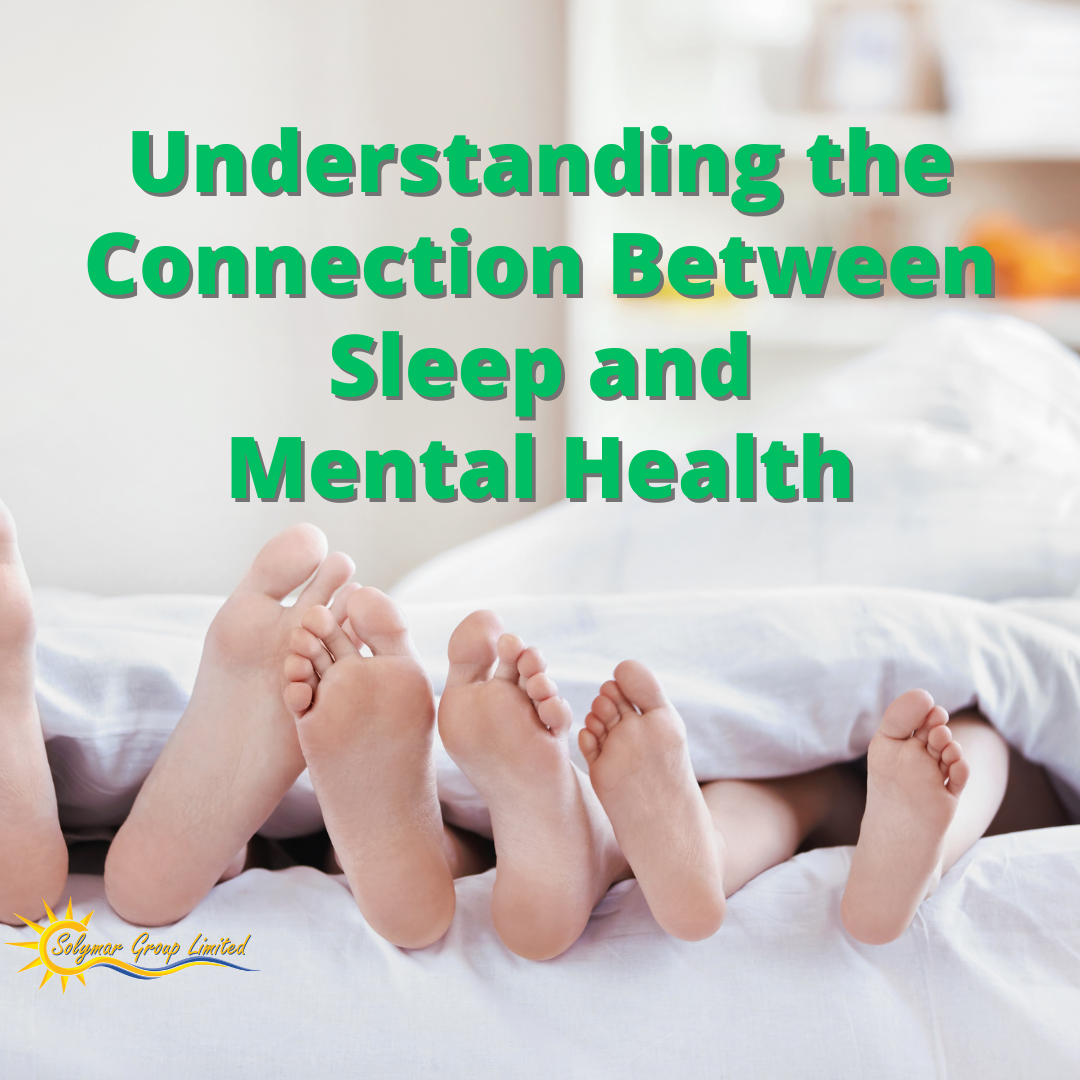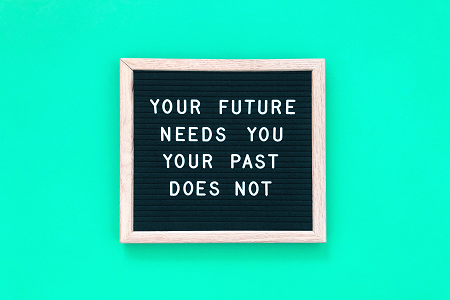 Getting enough sleep is essential for our physical and mental health. Sleep is a restorative process that allows our bodies and minds to recharge, and it plays a crucial role in many different aspects of our lives, including our mood, cognitive function, and overall well-being. In this article, we'll explore the connection between sleep and mental health and discuss how poor sleep can impact our mental health. We'll also provide tips and strategies for improving sleep hygiene and prioritizing better sleep habits to improve our mental health and well-being.
Getting enough sleep is essential for our physical and mental health. Sleep is a restorative process that allows our bodies and minds to recharge, and it plays a crucial role in many different aspects of our lives, including our mood, cognitive function, and overall well-being. In this article, we'll explore the connection between sleep and mental health and discuss how poor sleep can impact our mental health. We'll also provide tips and strategies for improving sleep hygiene and prioritizing better sleep habits to improve our mental health and well-being.
The Link Between Sleep and Mental Health
Research has shown that there is a significant link between sleep and mental health. Poor sleep can lead to a range of physical and mental health problems, including mood disorders, anxiety, depression, and cognitive impairments. When we don't get enough sleep or don't sleep well, our brains don't have enough time to rest and repair, which can affect our ability to regulate our emotions and think clearly. Additionally, a lack of sleep can lead to increased levels of stress hormones, which can further exacerbate mental health problems.
Understanding Sleep Disorders
There are several common sleep disorders that can impact our mental health, including insomnia, sleep apnea, and restless leg syndrome. Insomnia is the most common sleep disorder and is characterized by difficulty falling or staying asleep. Sleep apnea is another common sleep disorder that occurs when a person's breathing is interrupted during sleep, leading to disrupted sleep and low oxygen levels. Restless leg syndrome is a neurological disorder that causes an uncontrollable urge to move one's legs, which can make it difficult to fall asleep and stay asleep.
Sleep disorders can have a significant impact on our mental health. For example, insomnia can lead to increased levels of anxiety and depression, and sleep apnea has been linked to a higher risk of developing mood disorders and cognitive impairment. Addressing sleep disorders is an important part of treating and managing mental health conditions.
The Role of Sleep in Mental Health Treatment
Sleep can be used as a tool in treating mental health conditions. Cognitive behavioral therapy for insomnia (CBT-I) is a type of therapy that focuses on improving sleep habits and addressing negative thoughts and behaviors around sleep. This type of therapy has been shown to be effective in treating insomnia and improving mental health outcomes. Additionally, addressing sleep problems can be a crucial component of treating other mental health conditions, such as depression and anxiety.
Sleep hygiene techniques can also be used to improve mental health outcomes. Some of these techniques include creating a relaxing sleep environment, avoiding stimulants like caffeine and nicotine before bedtime, and establishing a regular sleep routine.
Strategies for Improving Sleep and Mental Health
Improving sleep hygiene is a crucial step in improving mental health outcomes. Some tips for promoting better sleep include establishing a regular sleep routine, avoiding caffeine and alcohol before bedtime, creating a relaxing sleep environment, and limiting screen time before bed. Additionally, engaging in regular exercise can help improve sleep quality and reduce symptoms of anxiety and depression.
It's also important to recognize the positive impact that good sleep can have on mental health. Getting enough restful sleep can lead to improved mood, better cognitive function, and increased resilience to stress. Prioritizing good sleep habits can help us feel more energized and better equipped to face life's challenges.
Common Sleep and Mental Health Challenges
Improving sleep and mental health can be challenging, especially for those who are dealing with underlying mental health conditions or chronic sleep disorders. Here are some common challenges that people may face when trying to improve their sleep and mental health:
-
Difficulty sticking to a sleep schedule: Many people find it challenging to stick to a consistent sleep schedule, particularly if they have a demanding work or family schedule.
-
Anxiety and stress: Anxiety and stress can make it difficult to fall asleep or stay asleep, leading to a lack of restorative sleep.
-
Negative thought patterns: Negative thought patterns can keep people up at night, preventing them from getting a good night's sleep.
-
Chronic pain: Chronic pain can make it difficult to fall asleep and stay asleep, leading to a lack of restorative sleep.
-
Medications: Certain medications, such as antidepressants, can interfere with sleep, leading to insomnia or other sleep disorders.
Despite these challenges, it is possible to improve sleep and mental health with a little persistence and some helpful strategies.
Strategies for Overcoming Sleep and Mental Health Challenges
-
Create a sleep-friendly environment: Make sure your bedroom is cool, dark, and quiet. Use comfortable bedding and invest in a good quality mattress.
-
Stick to a sleep schedule: Try to go to bed and wake up at the same time every day, even on weekends.
-
Practice good sleep hygiene: Avoid caffeine and alcohol in the evening, and limit screen time before bedtime.
-
Practice relaxation techniques: Meditation, deep breathing, and progressive muscle relaxation can all help to reduce anxiety and promote relaxation.
-
Seek professional help: If you are struggling with a chronic sleep disorder or underlying mental health condition, it is important to seek professional help. A mental health professional can help you develop a personalized treatment plan that includes sleep hygiene strategies and other interventions to improve your sleep and mental health.
Conclusion
In conclusion, sleep and mental health are closely linked, and poor sleep can have a significant impact on our mental health and well-being. However, by understanding the link between sleep and mental health, identifying common sleep disorders, and practicing good sleep hygiene, we can improve our sleep quality and promote better mental health. While it can be challenging to make changes to our sleep habits, the benefits of better sleep and improved mental health are well worth the effort. If you are struggling with sleep or mental health issues, don't hesitate to seek help from a qualified professional. With the right support and strategies, you can achieve better sleep and improved mental health.
Hashtags: #sleep #mentalhealth #sleepdisorders #insomnia #sleepapnea #treatment #sleephygiene #strategies #challenges #wellbeing






